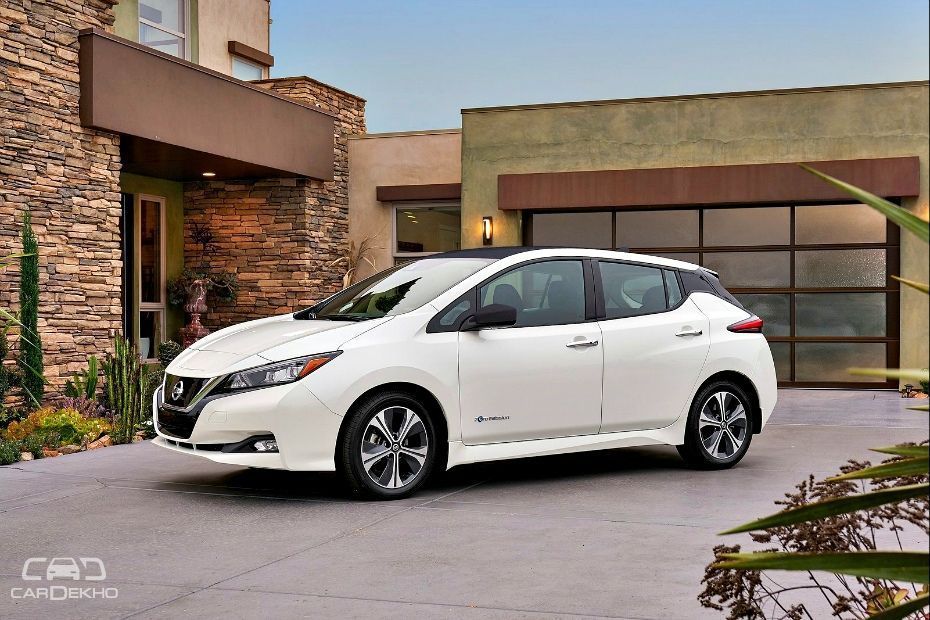Nissan Evaluating Introduction Of Note e-Power In India

Nissan revealed the range extender Note e-Power in 2016
It’s official, the Nissan Note e-Power, which has been spotted running on Indian roads quite a few times, is under consideration for launch in India. We have a confirmation from Nissan that it is “actively studying” the possibility of introducing the range-extended electric vehicle in India.

Pictured: Nissan Leaf EV
Jerome Saigot, managing director, Nissan India, informed us over an e-mail response, “...We have also taken the learnings from our EV technologies to develop Nissan Note e-Power which is an electric vehicle, with technology from the LEAF, and a small, highly-efficient petrol motor that charges the battery from inside. So, you don’t need any external charging infrastructure. We are actively studying Note e-Power for the Indian market.”

Unlike a hybrid car, a range extender doesn't have its engine driving the wheels. It's only used to charge the batteries while the vehicle moves solely on electric power. A range extender, therefore, has more in common with an electric car than a hybrid. It also takes care of the range anxiety issues we associate with battery-only EVs and while also helping keep the price low as it doesn't need a huge, expensive battery to power the vehicle. However, it remains to be seen whether the government classifies the Note e-Power as an electric car or a hybrid.

As per the new taxation system (GST) in India, even hybrid cars are taxed as conventional cars powered by petrol or diesel engines. However, electric cars enjoy tax relaxation as they attract only 12 per cent GST. A small petrol car, which by definition is a car with a length under four metres and a petrol engine that displaces under 1.2-litres or diesel engine under 1.5-litres, attracts the least GST of 29 per cent for petrol- and 31 per cent for diesel-powered cars. Currently, there’s no such vehicle class specified as range extenders. So, if the government considers the Note e-Power as an electric vehicle and not a hybrid, it would enjoy a significant tax benefit.

In Japan, the Nissan Note is available both as a range extender as well as a conventional petrol car. The Note e-Power costs slightly over Rs 2 lakh when compared to its petrol derivative there. So, here in India, the incremental cost of the Nissan Note e-Power from its petrol avatar will be just as much as its diesel-powered derivative.

There’s another catch here. Toyota recently revealed that their flagship sedan, the Camry Hybrid, already adheres to BS-VI tailpipe emissions. With a smaller petrol engine that doesn’t directly powers the wheels, the Nissan Note e-Power is also bound to adhere to the upcoming emission norms.

We’re expecting BS-VI compatible diesel cars to cost over Rs 50,000 more (to the end user) compared to the current prices. The range extender, therefore, might just undercut the diesel-powered cars even without the electric car tax subsidy in the BS-VI era. This is, probably, where the Nissan Note e-Power could start making sense in the premium compact hatchback segment.

This Story has not been edited by ABP News. It has been published through cardekho.com feed directly.
Related Video
Breaking News: Israel Intensifies Strikes on Iran’s Missile Launchers







































